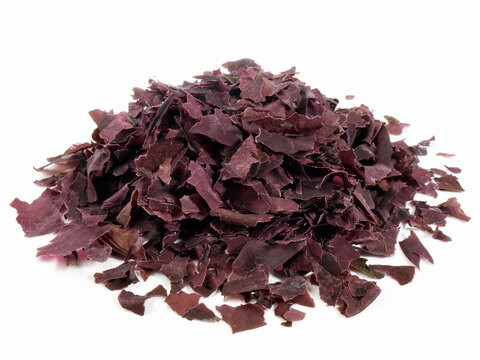By growing seaweed, UQ researchers say an area the size of Egypt could be saved from farming.
Seaweed farming might hold the key to massive improvements in carbon sequestration, biodiversity loss and food security say Queensland researchers.
They investigated a red seaweed genus known as Asparagopsis for its potential as a source of dietary energy for humans, a supplement for livestock thanks to its potent ability to reduce methane, a constituent in biofuels for the transport industry, and in combination.

They found up to 2.6 billion tonnes of greenhouse gas emission could be diverted as a result of introducing seaweed farming, with Australian and Indonesian economic waters providing a viable location among all possible areas of production.
Notably, if seaweed was to take up just one tenth of everyone’s diet, 100 million hectares of on-land production could be avoided – about the combined land area of New South Wales and Victoria.

** Click here to read the full-text **








